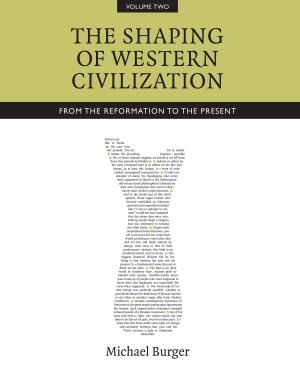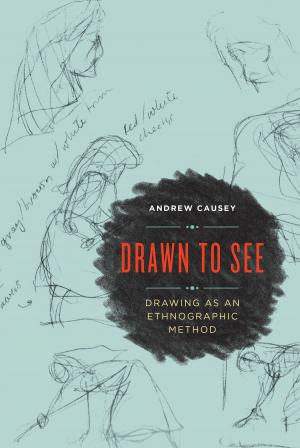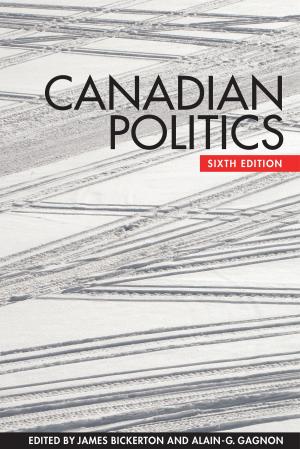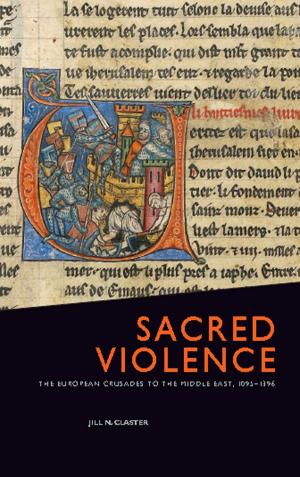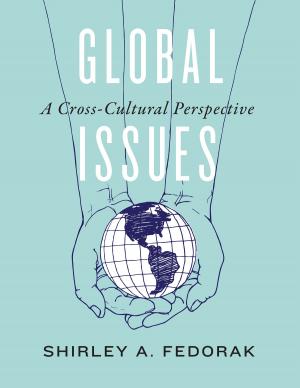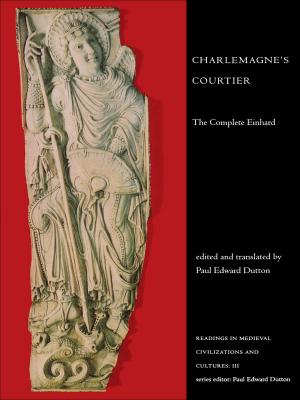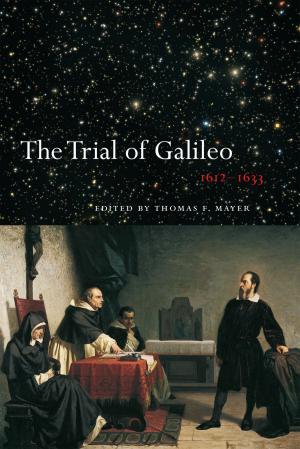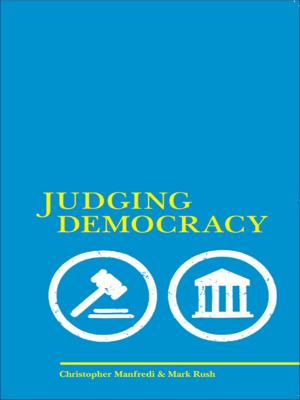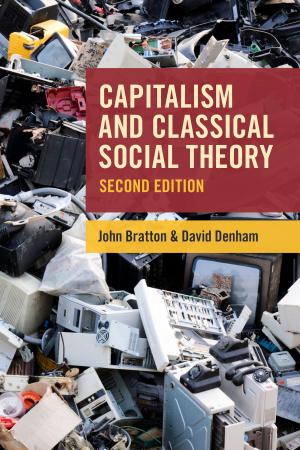Truth and Indignation
Canada's Truth and Reconciliation Commission on Indian Residential Schools, Second Edition
Nonfiction, Social & Cultural Studies, Social Science, Cultural Studies, Native American Studies, Anthropology, Political Science| Author: | Ronald Niezen | ISBN: | 9781487594398 |
| Publisher: | University of Toronto Press, Higher Education Division | Publication: | November 15, 2017 |
| Imprint: | Language: | English |
| Author: | Ronald Niezen |
| ISBN: | 9781487594398 |
| Publisher: | University of Toronto Press, Higher Education Division |
| Publication: | November 15, 2017 |
| Imprint: | |
| Language: | English |
The original edition of Truth and Indignation offered the first close and critical assessment of a Truth and Reconciliation Commission (TRC) as it was unfolding. Niezen used testimonies, texts, and visual materials produced by the Commission as well as interviews with survivors, priests, and nuns to raise important questions about the TRC process. He asked what the TRC meant for reconciliation, transitional justice, and conceptions of traumatic memory.
In this updated edition, Niezen discusses the Final Report and Calls to Action bringing the book up to date and making it a valuable text for teaching about transitional justice, colonialism and redress, public anthropology, and human rights. Thoughtful, provocative, and uncompromising in the need to tell the "truth" as he sees it, Niezen offers an important contribution to understanding truth and reconciliation processes in general, and the Canadian experience in particular.
The original edition of Truth and Indignation offered the first close and critical assessment of a Truth and Reconciliation Commission (TRC) as it was unfolding. Niezen used testimonies, texts, and visual materials produced by the Commission as well as interviews with survivors, priests, and nuns to raise important questions about the TRC process. He asked what the TRC meant for reconciliation, transitional justice, and conceptions of traumatic memory.
In this updated edition, Niezen discusses the Final Report and Calls to Action bringing the book up to date and making it a valuable text for teaching about transitional justice, colonialism and redress, public anthropology, and human rights. Thoughtful, provocative, and uncompromising in the need to tell the "truth" as he sees it, Niezen offers an important contribution to understanding truth and reconciliation processes in general, and the Canadian experience in particular.

